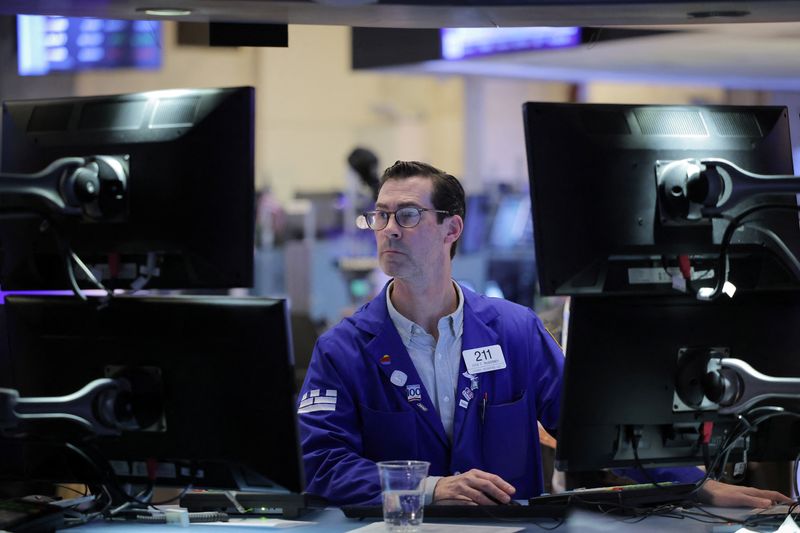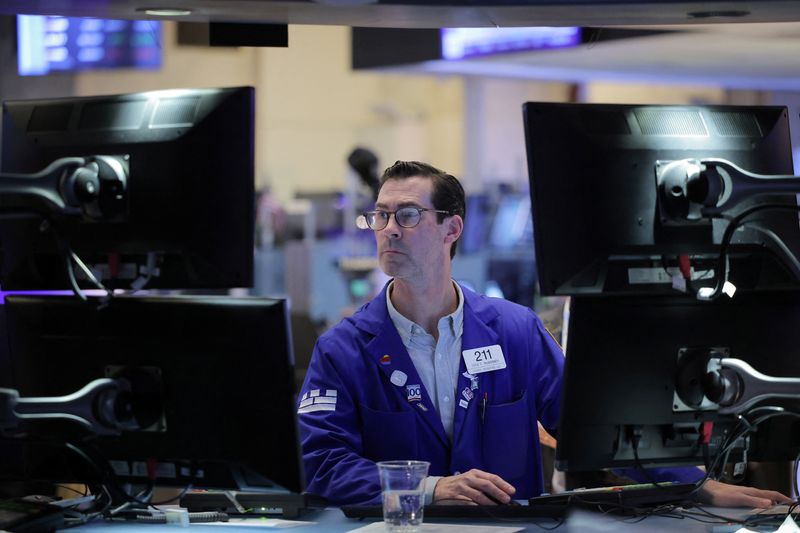
Investing.com — Markets are struggling in the wake of a surging Treasury yields on fresh fears disinflation could be stalling even as growth remains solid, but Deutsche Bank (ETR:DBKGn) believes that markets can weather this ‘no landing’ scenario.
“Recent history tells us a ‘no landing’ isn’t necessarily the worst outcome for risk assets. After all, it’s only a problem because the data is strong, as seen with last week’s jobs report,” Deutsche Bank Macro (BCBA:BMAm) Strategist Henry Allen said in a note.
Nonfarm payrolls increased by 256,000 jobs last month after rising by an downwardly revised 212,000 in November, the Labor Department’s Bureau of Labor Statistics said. Economists had forecast an uptick of 164,000 roles. While the unemployment rate fell to 4.1%, below November’s pace of 4.2%.
Risk assets including stocks tumbled as global yields moved to new highs across the board last week, with the US 10-year Treasury yield reaching its highest level since October 2023. The leg up in global bond yields come as investors are rapidly dialing back expectations for rate cuts, with futures now pricing in just one 25 basis point rate cut from the Fed this year.
The recent bond selloff was primarily driven by inflationary data, Allen says, particularly the ISM services index and the stronger-than-expected US jobs report. The strategist noted that these data points added to concerns about robust demand and stronger inflationary pressures, leading markets to price in higher rates for longer.
“Ultimately, investors are waking up to the fact that inflationary pressures are still building, and that’s likely to lead to more hawkish monetary policy as a result,” the strategist added.
Deutsche Bank, however, suggests that a “no landing” scenario of sticky inflation above target alongside strong growth isn’t the death knell for risk assets. During 2023-24, equities saw a “relentless rally,” Allen added, even as markets priced in a more hawkish path for rates.
If the risk of recession starts to raise significantly, markets would not be looking at this “through a positive lens, as the experience of every recent cycle demonstrates,” Allen said.

